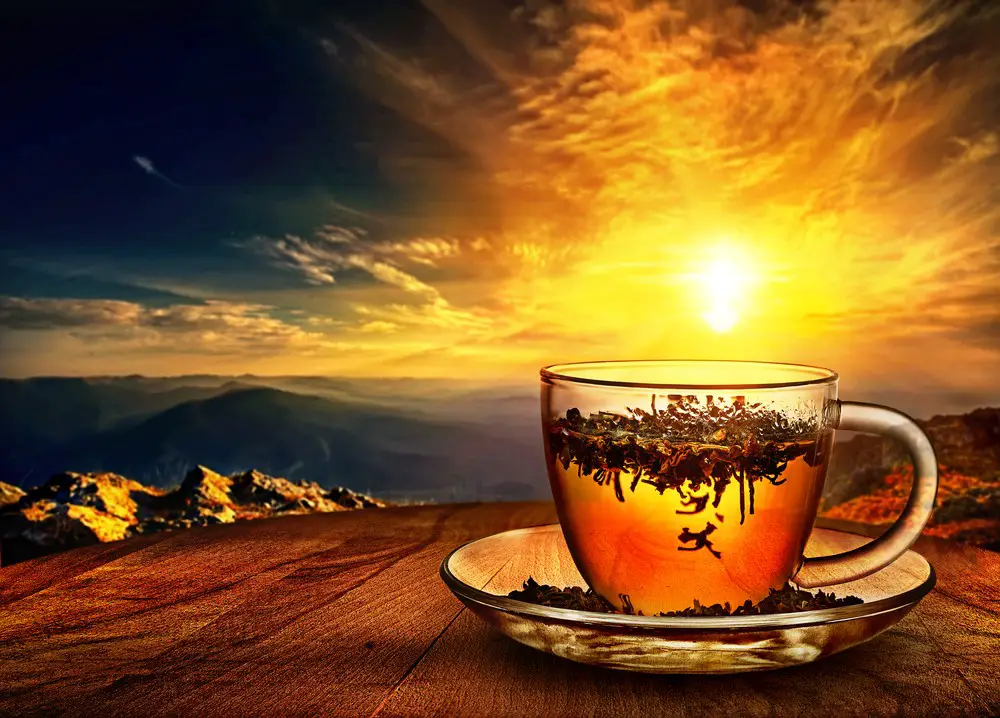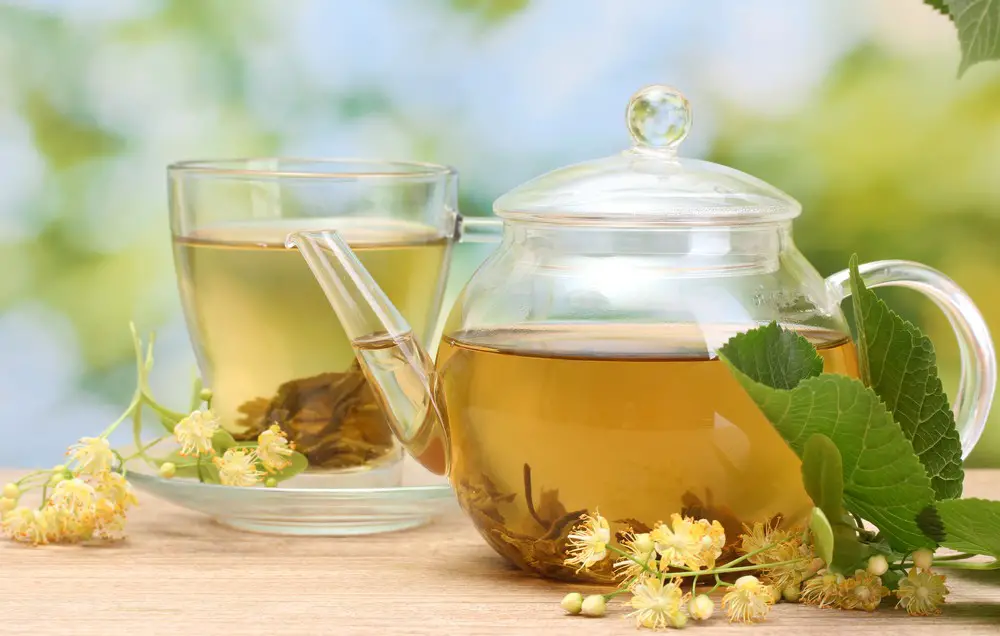As a BetterHelp affiliate, we receive compensation from BetterHelp if you purchase products or services through the links provided
If you’re someone who struggles with anxiety, you know how difficult it can be to find calm and peace. Many things can trigger anxiety, from work stress to personal relationships. While there is no one-size-fits-all solution for anxiety, some natural remedies can help ease the symptoms. One such remedy is drinking tea for anxiety.
Tea has been used for centuries as a way to relax and de-stress. There are many different kinds of tea, each with its unique benefits.
How does tea help with anxiety?
Many people find that a hot drink can help soothe nerves and promote relaxation. Tea, in particular, has been shown to help reduce stress and anxiety. Tea contains an amino acid called L-theanine that can work synergistically with caffeine to improve brain function.
L-theanine is thought to promote relaxation by increasing levels of GABA, a neurotransmitter that helps regulate nerve cells and has a calming effect on the brain.
Herbal tea, chamomile or lavender tea can also help reduce anxiety. The antioxidants and other compounds in these teas may help to promote relaxation and reduce stress.
5 best teas for anxiety
Thanks to modern advances in science, we now know which teas are most effective in reducing anxiety. There is a wide choice of teas available, so it is sure to suit your taste and fit your purpose.

Chamomile tea
One of the most popular tea blends for anxiety. Chamomile extract is made from the dried flowers of the plant Camellia sinensis. It has been used for centuries as a relaxant and has a very soothing effect.
Studies have shown that chamomile tea can help to reduce stress and anxiety, and it is also thought to help treat insomnia.
Tumeric tea
Tumeric tea is a popular herbal tea made from the dried root of the Curcuma longa plant. Tumeric has been used in Indian and Chinese medicine for centuries and is thought to have many health benefits.
Recent studies have shown that tumeric can help reduce inflammation and relieve pain, which is also thought to be helpful in treating anxiety and depression.
Lavender tea
Lavender tea is made from the dried flowers of the lavender plant. Lavender has a long history of use as a relaxant and has a very soothing effect.
Lavender is commonly associated with relaxation and sleep and is thought to be helpful in treating anxiety, insomnia, and depression. Drinking tea made from dried lavender is also believed to have the same effect, making it a good bedtime tea choice.
Green tea
Green tea is made from the leaves of the Camellia sinensis plant. Green tea has a high concentration of catechins, antioxidants that can help protect cells from damage.
It is perhaps the most popular choice of tea blend for those seeking to reduce anxiety. There are many types and flavors of green tea available, so it will be easy to find one that is accustomed to your taste.

Peppermint tea
Peppermint tea is made from the dried leaves of the peppermint plant. Peppermint has a long history of use as a relaxant and has a very refreshing effect.
Studies have shown that peppermint tea can help to reduce stress and anxiety, and it is also thought to help treat digestive disorders.
Lemon balm tea
Lemon balm tea is made from the dried leaves of the lemon balm plant. Lemon balm has a long history of use as a relaxant and has a very calming effect.
Studies have shown that lemon balm tea can help to reduce stress and anxiety, and it is also thought to help treat insomnia. Tackling sleep disorders is key to managing anxiety and stress relief.
Health benefits of drinking herbal tea
Herbal teas offer many health benefits, including reducing stress and anxiety, improving sleep, and protecting cells from damage.
Drinking herbal tea is a great way to relax and de-stress and can also help treat some medical conditions. Herbal teas are generally safe and well tolerated, with few side effects.
Getting better sleep is crucial for managing stress and anxiety. Lack of sleep can make anxiety worse, and anxiety can make it challenging to get to sleep. Many types of herbal tea can improve your sleep quality.
Drinking herbal tea can also help to protect cells from damage and reduce inflammation. This is important because chronic stress and generalized anxiety disorder can lead to long-term health problems such as heart disease, high blood pressure, and diabetes.
Does caffeine make anxiety worse?
While moderate amounts can be beneficial, too much caffeine can worsen anxiety. If you’re struggling with anxiety, it’s best to limit your intake of caffeinated beverages.
The effects of caffeine can mimic the symptoms of anxiety, like an increased heart rate. If you’re sensitive to caffeine, it can make anxiety symptoms worse.
Many herbal teas do not contain caffeine, but caffeine-free options like decaf green tea are available.

Final thoughts: herbal teas for anxiety-reducing effects
Herbal teas offer a natural and effective way to reduce stress and anxiety. They are generally safe and well tolerated, with few side effects.
Many different types of herbal tea are available, so it is easy to find one that suits your taste. If you’re struggling with anxiety, try drinking herbal tea regularly to see if it helps.
Remember to limit your intake of caffeinated beverages, as too much caffeine can make anxiety worse. Choose caffeine-free options if you’re sensitive to caffeine.
Herbal teas offer a wide range of health benefits, so drink and relax!
FAQs
- 7 Ideas to Help You Relax and Unwind on a Family Vacation - April 27, 2025
- How Having Cybersecurity Protection Helps You Relax - April 25, 2025
- 8 Reasons Why Spending Time Outside Calms You Down - April 25, 2025
This site contains affiliate links to products. We will receive a commission for purchases made through these links.



